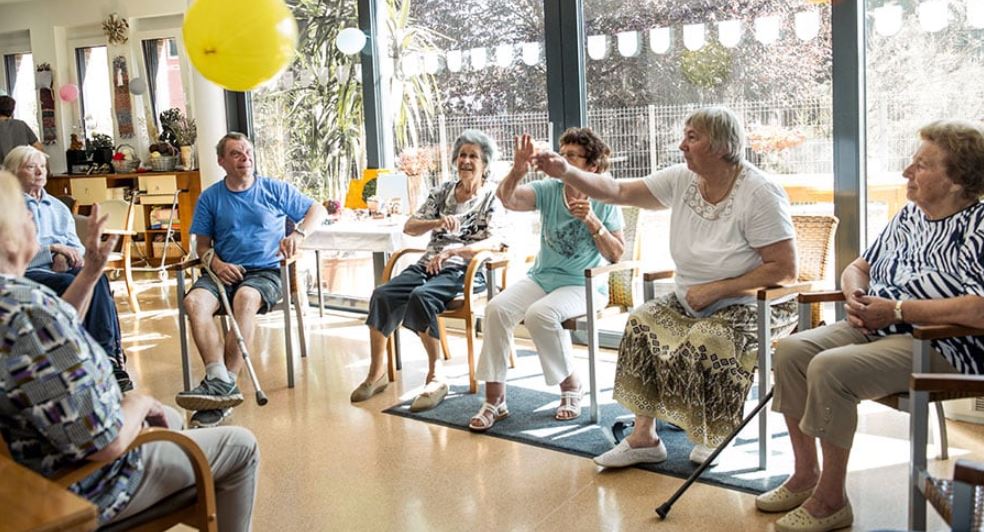If you’re faced with some kind of disability, then you’re all too familiar with the unfair physical limits that have been placed on your body. You may find it difficult to do tasks that many other people consider simple and take for granted. Depending on the severity of your disability, you may even be unable to work and provide yourself with sufficient care.
If you are disabled and need assistance to be able to handle what life throws at you from day-to-day, there are plenty of options for you. Whether it be an assisted living community in New Jersey or in-home care, there is a suitable solution out there. Continue reading to learn some of the available assisted living options for people who have disabilities.
See if you’re eligible for disability benefits
The definition of disabled implies a physical limitation that prevents the body from operating at peak performance. If your disability makes it hard for you to work and provide a means of living for yourself, then you will still need income from somewhere.
If you have a physical or mental disability that renders you incapable of working to make ends meet, then you should look into disability benefits. The severity of your situation will determine the dollar amount of your benefits, but it should be enough to cover your basic living expenses at minimum.
Unfortunately, due to cases of people trying to defraud the system of disability benefits, the process of getting them can be arduous even if you’re deserving. If you’re having a hard time getting your benefits, then you should get in contact with disability lawyers who can expedite the process for you.
In-law apartment
Often times, the best living option for a disabled person is to be close to their family while still having their own space. For people who would prefer this type of living arrangement, in-law apartments — also called accessory dwelling units — are an ideal solution.
When you think of an “in-law apartment”, you might think of an apartment complex in the farthest corner of the city, but that’s not the case. These “apartments” are usually add-ons to an existing dwelling, and they have their own kitchen, restroom, bedroom, and living room or den. This solution is great for young adults with disabilities who want independence yet need to be close to loved ones who can assist them.
In-home care
When people purchase a home, they not only put a large financial investment into it, but they put in a huge emotional investment as well. Nothing can replace or substitute the memories that people create in their homes. Because of that, many people would rather have in-home care than move into an assisted living facility or community.
The great thing about in-home care is that it allows elderly and disabled people to receive the extra care and assistance they need at home. Many people would probably rather remain at home in surroundings that are familiar to them if their condition allows for it (although every case is different).
In-home care providers are specially trained to meet the different set of needs of disabled people who choose to stay in their own homes. These caretakers will administer necessary treatments and assist with bathing, cooking, transportation, and even light housekeeping.
Having a disability doesn’t mean that you can’t live a happy life. With the love and support of your family and the assistance of professionals, you can find your own sense of balance and normalcy.

